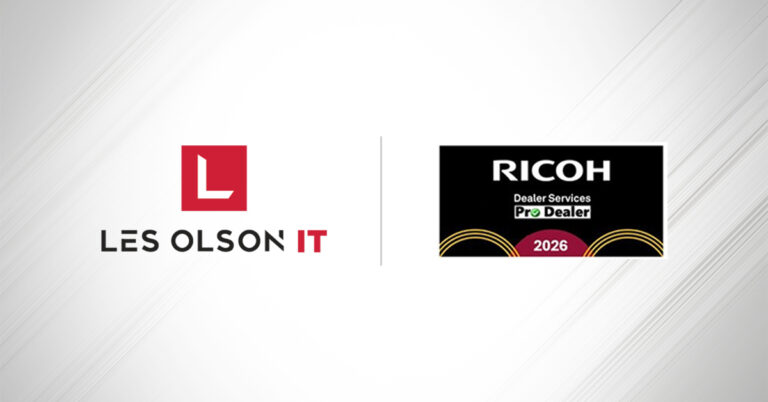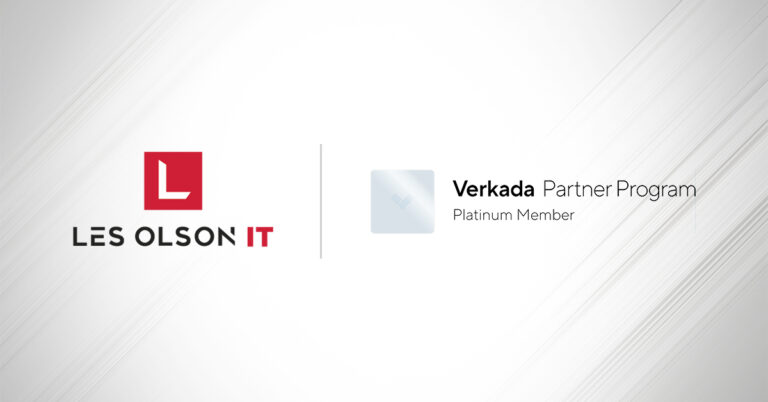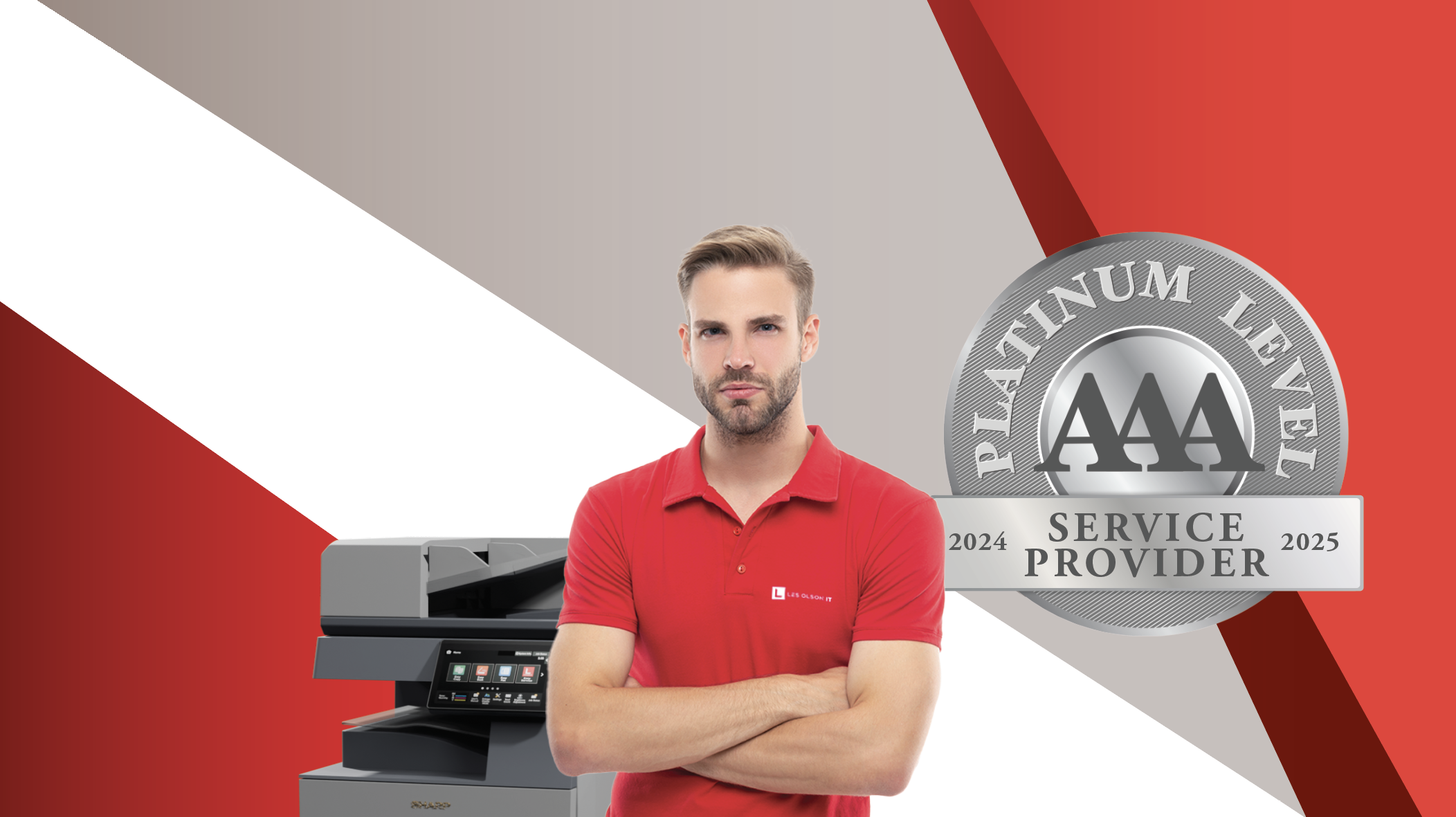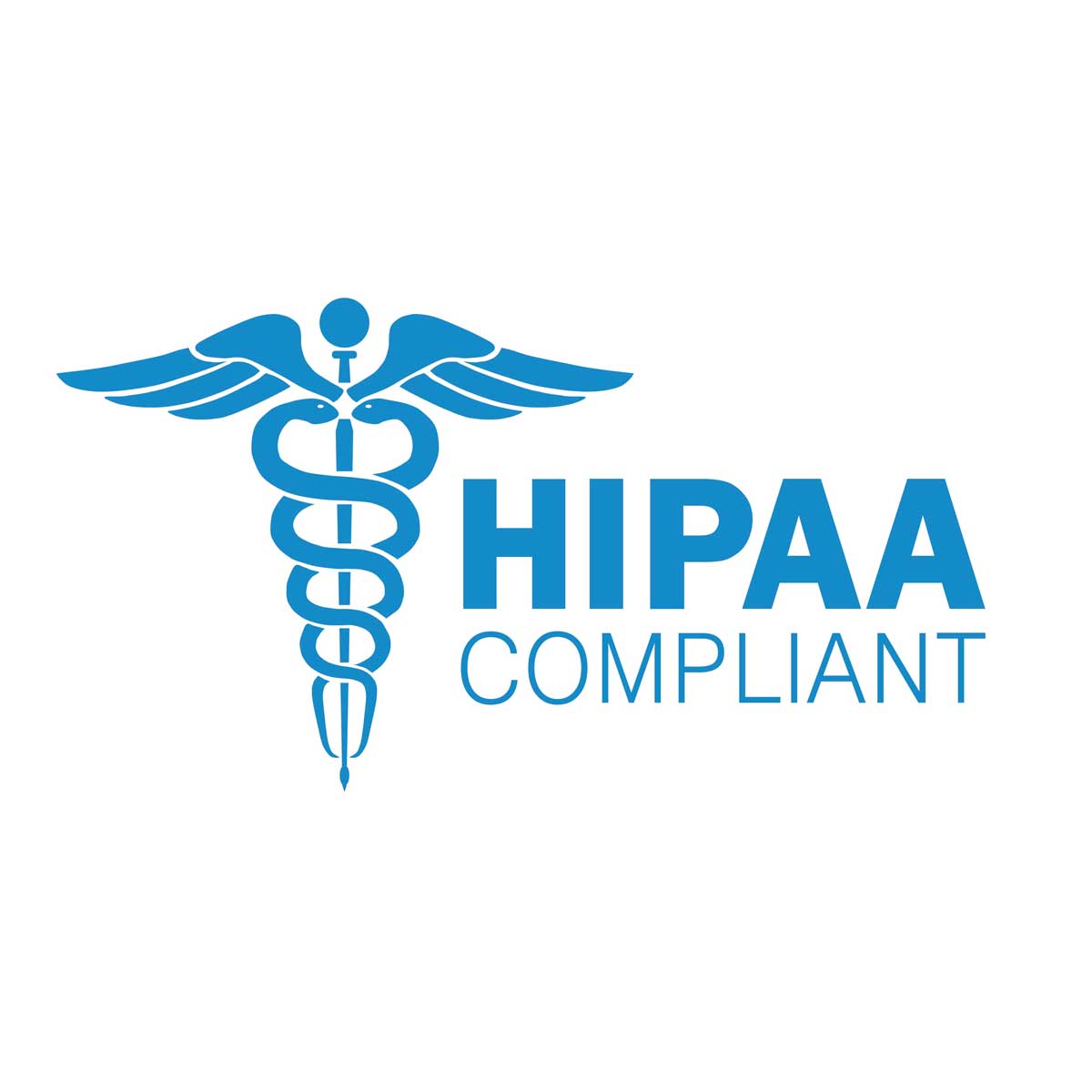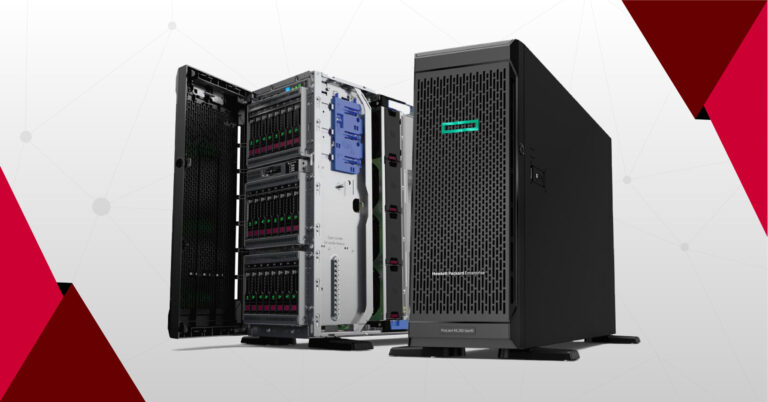Safeguarding Sensitive Health and Financial Information
When providing IT Services, different industries require specific considerations, especially when it comes to compliance regulations. The financial and healthcare sectors have stringent regulations that impose rules for safeguarding patient or client information. The best and most widely-known rule is the Health Insurance Portability and Accountability Act (HIPAA). HIPAA compliance rules went into effect on August 21, 1996, and signed into law by President Bill Clinton.1 Initially designed to ensure workers’ ability to carry employer-paid insurance after employment separation, the act evolved to include regulations for safeguarding patient privacy and data security. HIPAA also affects dental practices for technical safeguarding of patient information.2 In this blog article, we will delve into the significance of being HIPAA compliant and its implications for IT professionals.
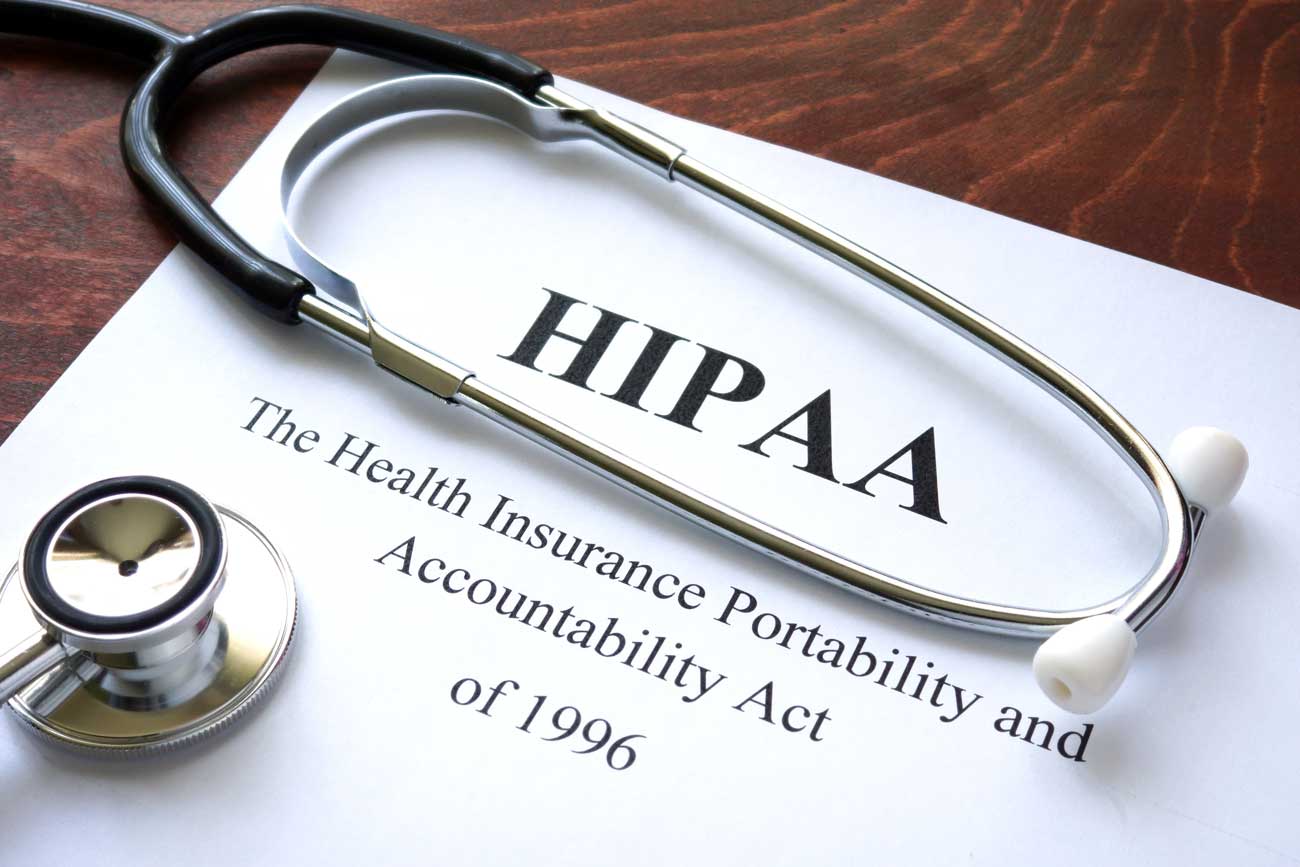
Protecting Patient Information
Patient information, often referred to as PHI (Protected Health Information), includes ePHI (Electronic Protected Health Information) and IIHI (Individually Identifiable Health Information). PHI are digital records encompassing any information transmitted, maintained, or received in electronic or other forms. Understanding HIPAA is crucial for IT Professionals to protect PHI in digital formats.

Determining Applicability to Businesses
HIPAA applies to Covered Entities and Business Associates. IT professionals working with e-PHI or for a Covered Entity (CE) or Business Associate (BA) are legally BAs bound by HIPAA regulations. Dr. Furstenberg suggests that BAs undergo a survey of 14 dimensions established by Parker and Nielsen for SR compliance. Furstenberg advocates that these same dimensions from the business and legal industries should apply to the healthcare industry.3 Such professionals face the same liabilities and penalties under the Omnibus Rule of 2013.4
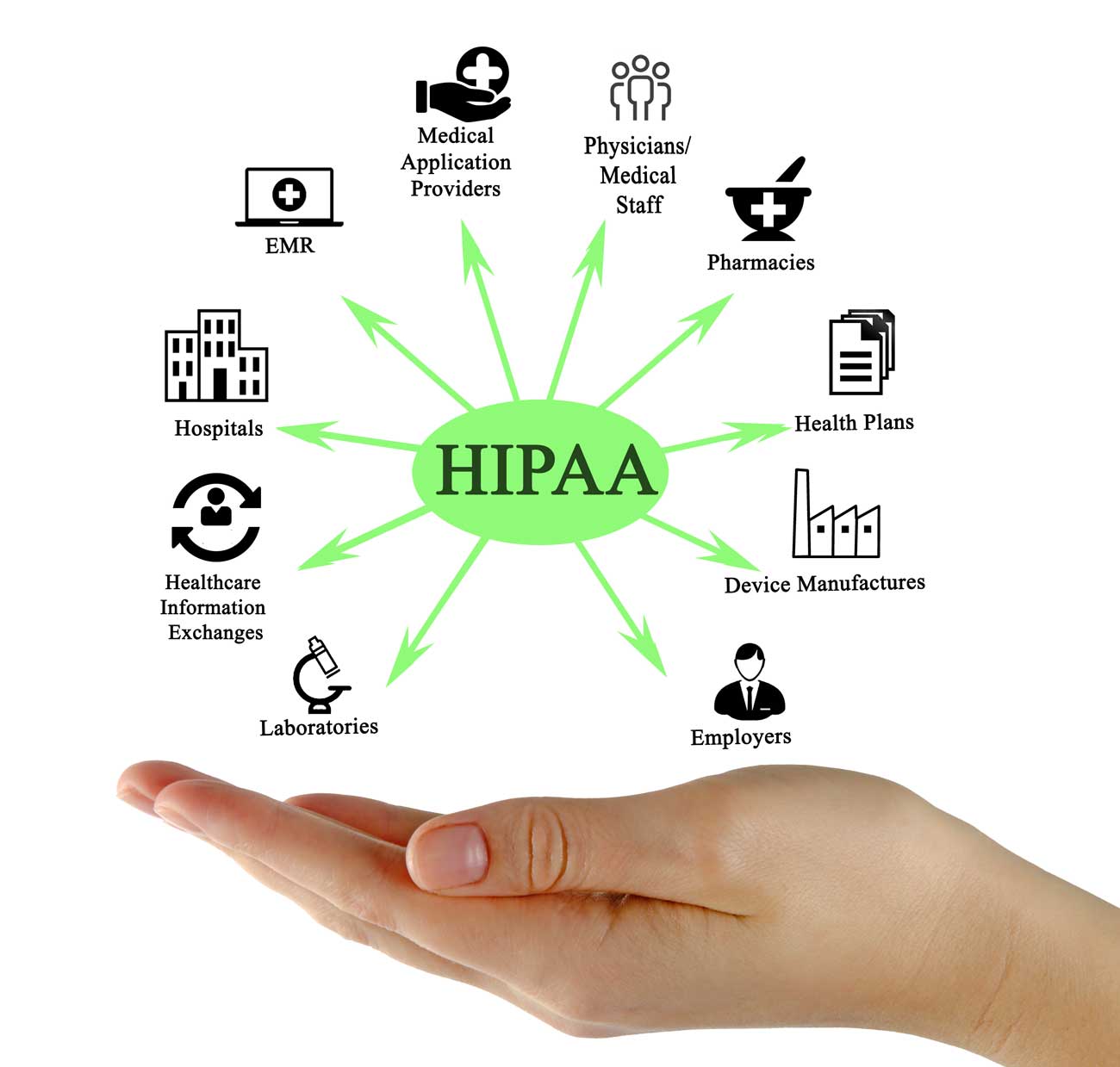
The Requirements for HIPAA Compliance
To ensure HIPAA Compliance, IT professionals must meet several essential requirements. Below are some essential requirements:
Conduct a Security Risk Assessment
The first step towards compliance is performing a comprehensive security risk assessment. This assessment requires IT Professionals to understand the creation, maintenance, transmission, and reception of ePHI within the business they serve, even if they do not have direct access to the data.
Create a Risk Mitigation Plan
Based on the security risk assessment, IT professionals must develop a risk mitigation plan that effectively addresses and resolves identified issues.
Implement Appropriate Safeguards
HIPAA compliance involves three safeguards under the Security Rule: Administrative, Physical, and Technical Safeguards. Below are some key requirements for each category:
Administrative Safeguards – includes security management, risk analysis, risk management, sanction policy, workforce security, information access management, security awareness and training, security incident procedures, contingency plans, and business associate contracts.
Physical Safeguards – involves facility access controls, workstation use and security, device and media controls, and data backup and storage.
Technical Safeguards – applies to access control, audit controls, integrity controls, transmission security, and encryption.5
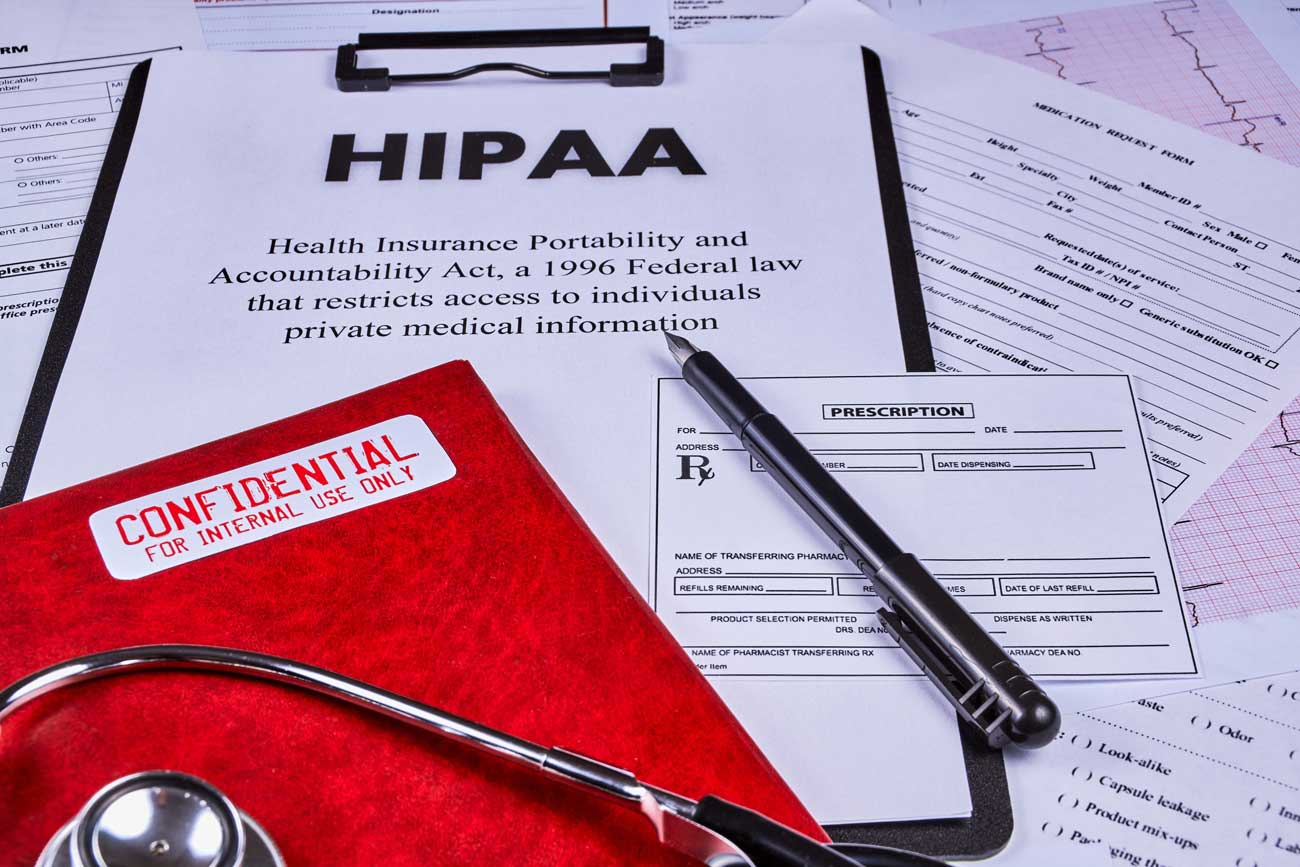
HIPAA Compliance Requirements for IT Specialists
Being HIPAA-compliant as an IT professional involves several critical aspects:
- Satisfying the Security Rule elements
- Implementing policies and procedures and adhering to them
- Maintaining comprehensive documentation
- Ensuring a thorough Employee Training Program is in place
- Making compliance a cultural priority within the business

Adhering to HIPAA standards is not just about regulatory compliance; it’s a commitment to maintaining the trust and confidentiality of patient information. By following this guide, healthcare organizations and their associates can ensure they meet HIPAA compliance requirements, protecting their patients and safeguarding their business against potential penalties and breaches. Regular review, assessment, and adaptation to new challenges are the keys to ensuring long-term compliance and protecting patient privacy.
2024 HIPAA Compliance Guide
Navigating the complexities of regulatory compliance for HIPAA can be daunting. This guide provides an in-depth understanding of HIPAA regulations, including the HIPAA Security Rule, HIPAA privacy principles, and essential compliance strategies. We aim to equip healthcare professionals, organizations, and business associates or partners with the knowledge and tools necessary for HIPAA Security Compliance. Staying within the constraints of HIPAA requirements keeps patients and clients safe from the financial penalties associated with a breach of compliance.
Understanding HIPAA Compliance
HIPAA, the Health Insurance Portability and Accountability Act, sets the standard for protecting sensitive patient data. Any entity that deals with protected health information (PHI) must ensure that all the required physical, network, and process security measures are in place and followed.
HIPAA Requirements
HIPAA Security Rule
The Security Rule mandates safeguards to ensure confidential PHI is not improperly disclosed or accessed. The rule establishes national standards to protect digital personal health data. It requires administrative, physical, and technical safeguards. The HIPAA Security Rule is at 45 CFR Part 160 and Subparts A and C of Part 164.
HIPAA Privacy Rule
The HIPAA Privacy Rule (the Privacy Rule) provides individuals with a legal, enforceable right to see and receive copies of the information in their medical and other health records maintained by their health care providers and health plans upon request. This rule establishes standards for the protection of PHI. https://www.hhs.gov/hipaa/for-professionals/privacy/guidance/access/index.html
HIPAA Covered Entities
The following individuals and organizations are subject to the Privacy Rule and are HIPAA Covered Entities: healthcare providers, health plans, healthcare clearing houses, and business associates.
HIPAA Enforcement Rule
The HIPAA Enforcement Rule provides compliance and investigating requirements for imposing civil financial penalties for violations of HIPAA. It outlines the penalties for non-compliance.
HIPAA Compliance Requirements
The HIPAA Compliance Requirements include the specific actions entities must take to be compliant. To comply with the HIPAA Security Rule, all covered entities must do the following:
- Ensure the confidentiality, integrity, and availability of all electronic protected health information (e-PHI)
- Detect and safeguard against anticipated threats to the security of the information
- Protect against anticipated, impermissible uses or disclosures that are not allowed by the rule
- Certify compliance by their workforce
HIPAA Compliance Checklist for 2024
- ✅ Conduct a HIPAA Security Risk Assessment: Regularly evaluate the security of PHI, identifying vulnerabilities and potential risks.
- ✅ Implement HIPAA Compliant Cloud Storage: Choose services like Azure HIPAA compliance or AWS HIPAA compliance solutions that meet HIPAA standards.
- ✅ Ensure HIPAA Compliance Training: Train all employees on HIPAA regulations and safeguarding patient information.
- ✅ Adopt HIPAA Compliant Services: Utilize services and products that are explicitly HIPAA certified.
- ✅ Review and Update HIPAA Policies: Regularly update policies to reflect changes in regulations and technological advancements, particularly with HIPAA digital health records.
Guide to HIPAA Privacy and Security
Protect Patient Information
Implement strict access controls and use encryption to safeguard patient data.
HIPAA Information Privacy
Utilize and disclose PHI only as permitted by the patient or under law.
Understand HIPAA Guidelines for Healthcare Professionals
These guidelines outline the roles and responsibilities of healthcare providers in maintaining HIPAA compliance.
Achieving HIPAA Compliance with Tools and Resources
HIPAA Compliant Software Solutions
Leverage technology designed to meet HIPAA requirements, enhancing the security and privacy of patient information. Les Olson IT can help your organization upgrade to HIPAA compliant software.
HIPAA Compliance Services
Engage HIPAA consulting firms to navigate the complexities of compliance.
HIPAA Training Programs
Ensure staff are well-educated on HIPAA standards through comprehensive training programs.
HIPAA Security Risk Assessment Tool
HIPAA requires that covered entities and their business associates conduct a risk assessment of their organization. The current version of the government’s authorized assessment tool is downloadable at the following link: HIPAA Security Risk Assessment Tool.
Continuous Compliance
Regular Assessments
Conduct annual HIPAA risk assessments to identify and mitigate potential security threats.
Stay Informed
Keep abreast of HIPAA rules and regulations updates to ensure ongoing compliance.
Leverage Expertise
Partner with HIPAA compliance experts and consulting services for in-depth guidance and strategy. Les Olson IT has the certifications that HIPAA covered entities need to meet security rules and privacy requirements. Call Les Olson today for a FREE HIPAA Compliance Assessment at 801-983-9246. Our certified IT experts cover the state of Utah and Las Vegas to help healthcare organizations and their partners stay compliant.
Complying with HIPAA is an ongoing process, not a destination. It is crucial to stay updated on the continuing revisions and court decisions. While the journey towards compliance may be challenging, it offers an opportunity for IT professionals to distinguish themselves and protect their clients and reputation effectively. IT professionals that work alongside HIPAA compliance rules help healthcare organizations meet the stringent requirement of protecting patients’ personal information. The commitment of IT Service Providers to safeguarding sensitive health information and contributing to a safer healthcare environment is paramount for cybersecurity and patient data safeguards. Find out more about how an outsourced IT company like Les Olson IT can help your organization in Utah or Las Vegas meet the compliance rules of HIPAA.
Footnotes
- 1Kibbe, David C. “Ten steps to HIPAA security compliance.” Family practice management 12.4 (2005): 43-49. Accessed 7 August 2023. www.aafp.org/pubs/fpm/issues/2005/0400/p43.html
- 2CDA Practice Support. “Regulatory Compliance/HIPAA Security Rule Technical Safeguards.” Journal of the California Dental Association 44.1 (2016): 55-58. Accessed 7 August 2023. www.tandfonline.com/doi/pdf/10.1080/19424396.2016.12220967
- 3Furstenberg, James J. An investigation of the factors that contribute to the perceived likelihood of compliance with the HIPAA security rule among healthcare covered entities and business associates. Diss. Nova Southeastern University, 2020. Accessed 7 August 2023. www.proquest.com/openview/d76c6c5f1e50cbe62a27c68b2e3e334c/1?pq-origsite=gscholar&cbl=51922&diss=y
- 4Goldstein, M. and Pewen, W. “The HIPAA Omnibus Rule: Implications for Public Health Policy and Practice.” Public Health Rep. 2013 Nov-Dec; 128(6): 554–558. Accessed 7 August 2023. www.ncbi.nlm.nih.gov/pmc/articles/PMC3804103/
- 5“Guide to Privacy and Security of Health Information.” The Office of National Coordinator for Health Information Technology. Version 1.0 022112. Health IT. pp. 30-31. Accessed 7 August 2023. www.healthit.gov/sites/default/files/pdf/privacy/onc_privacy_and_security_chapter4_v1_022112.pdf


